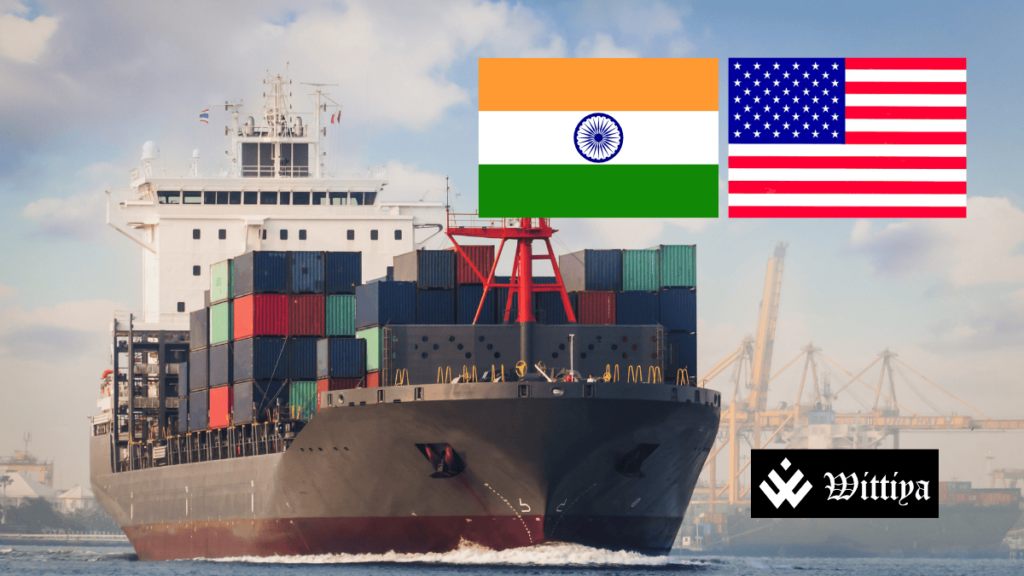US tariff threats under former President Donald Trump are pushing India to lower trade barriers, potentially strengthening its economy. Former RBI Deputy Governor Viral Acharya believes this shift could enhance competition, drive innovation, and boost manufacturing.
Former Reserve Bank of India (RBI) Deputy Governor Viral Acharya has suggested that US tariff threats under former President Donald Trump might actually benefit India’s economy. His argument is based on the premise that these external pressures are pushing India to lower trade barriers, fostering competition, innovation, and long-term growth.
The Tariff Impact on India’s Trade Policy
Trump’s tariff policies, aimed at reducing trade imbalances, have historically targeted multiple countries, including India. However, rather than hindering economic growth, Acharya believes these pressures are encouraging the Indian government to rethink its protectionist stance and embrace a more open trade approach.
Acharya, who served as RBI’s deputy governor from 2017 to 2019, noted that many large Indian firms had previously benefited from protectionist measures. However, he argued that a more competitive market, free from excessive protection, would push businesses to enhance efficiency and innovation.
Boosting Competition and Manufacturing
Indian businesses, particularly in the manufacturing sector, are poised to gain from reduced trade restrictions. By lowering barriers, domestic firms could be encouraged to compete on a global scale, improving product quality and efficiency.
In a competitive market, companies should not be making fat margins unless they are the most efficient provider of that service or good.”
Viral Acharya, Former Deputy Governor of Reserve Bank of India
He emphasized that gradual tariff reductions could lead to increased foreign and domestic investments, ultimately creating better-paying jobs and expanding India’s manufacturing base.
Government’s Approach and Economic Implications
Prime Minister Narendra Modi’s government has already been working on policy reforms to improve India’s trade dynamics. The shift towards reducing trade barriers aligns with India’s broader economic goals of increasing exports and attracting global investments.
While some large corporations may experience short-term losses due to increased competition, Acharya believes the long-term impact will be positive. India’s economic transformation, driven by competitive businesses, could lead to a stronger, more resilient economy with sustained growth.
